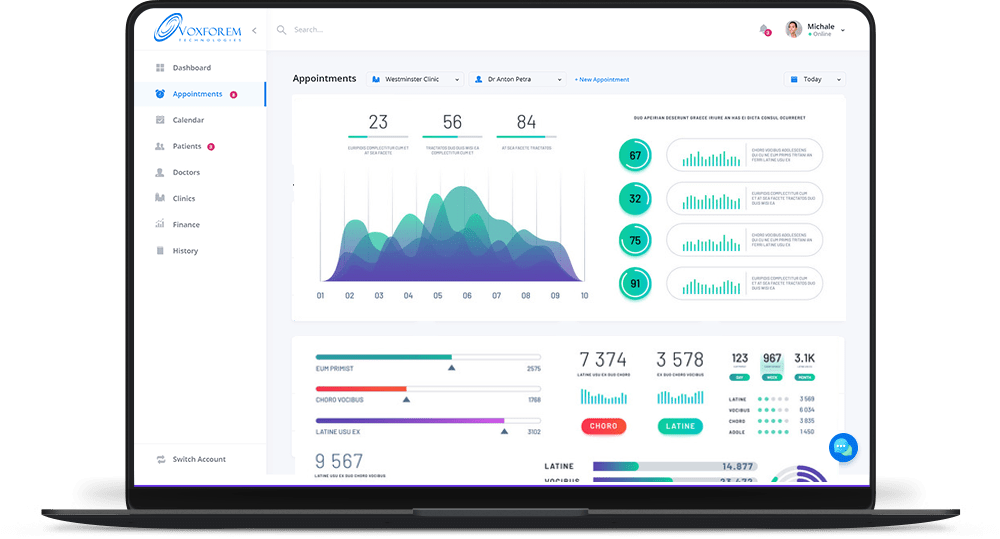
Fleet Management Software: What is it and why is it important ?
Businesses with mobile assets like cars, trucks, vans, and construction machines need fleet management software. This tool is important for effective asset management. It ensures optimal use, safety, and security. As companies expand, managing assets becomes more crucial. Fleet managers or fleet management companies help boost productivity, compliance, safety, and security. At the same time, they minimize costs.
Fleet management involves tracking many things. Maintenance schedules, inspection reports, usage rates, and expenses are some examples. However, fleet managers often spend too much time getting data from drivers. They also manually enter information into spreadsheets or other systems. This leaves little time for proactive fleet management and optimization. Fleet management software simplifies these tasks.
Fleet management software comes in two forms. As an application or a cloud-based service enabling businesses to oversee their vehicle fleet from one location. Its purpose is to help fleet owners cut down on costs and boost the effectiveness of their transportation services. With the use of this software, users can enhance efficiency by monitoring and managing their fleet using a device.
Moreover, this software can. Analyse amounts of data produced by vehicles daily. Analyzing this data can offer insights, about the fleet empowering decisions based on data to optimize fleet management strategies.
How does Fleet Management Software work ?
Fleet management software consists of four elements that collaborate to offer an overview of vehicle performance.
The initial element involves connecting the software to each vehicle to gather data, like location, speed, idling, driving behavior, and fuel consumption. This setup also facilitates communication between drivers and office personnel enabling real-time route updates for drivers coaching feedback and the exchange of information and estimated arrival times with the office.
The second element focuses on GPS monitoring utilizing GPS vehicle tracking to closely monitor the location of every vehicle in the fleet. This feature provides users with insights, into driver locations, their chosen routes, and their overall performance metrics.
The third element involves network communications, which handle and transmit data collected from vehicles through a network to a central database. Satellite communication aids, in monitoring vehicles and communicating with drivers in areas without mobile reception.
The fourth aspect pertains to office management and analysis where a cloud-based platform presents fleet activities in user visualizations. This platform assists, in ensuring compliance, and safety and managing fleet maintenance while identifying business trends or concerns. Fleet management software empowers users to have oversight of their fleet enabling them to make informed decisions that can reduce costs improve organizational efficiency and enhance safety protocols.
The Benefits of Fleet Management Software
Fleet Management Software can provide numerous benefits to companies that manage fleets of vehicles. The following are some of the main advantages:
- Enhanced Efficiency: Fleet Management Software improves overall operational efficiency by reducing idle time, increasing vehicle usage, and optimizing routes.
- Enhanced Productivity: Fleet Management Software increases productivity by optimizing operations and reducing manual tasks, freeing up valuable time and resources for more productive activities.
- Cost Savings: Fleet Management Software can assist in lowering fuel usage, maintenance expenses, and insurance premiums by improving monitoring and maintenance scheduling.
- Enhanced Safety: Many Fleet Management solutions come with tools to track driver behavior, encourage safer driving habits, and lower the number of collisions.
- Decreased Downtime: Preventive maintenance planning and alerts for car problems help reduce downtime and ensure that vehicles are operating at their best.
- Environmental Impact: Fuel efficient routes and reduced fuel consumption can significantly decrease a company's carbon footprint, promoting environmental sustainability.
- Customer Satisfaction: Effective Fleet Management can result in timely delivery and improved customer service, leading to increased customer satisfaction and loyalty.
- Scalability: Fleet Management Software can be scaled to meet the growth of both small and large fleets, making it suitable for businesses of all sizes.
Fleet management software allows users to monitor and control all aspects of their fleet using their devices. These systems come with a range of functions including vehicle upkeep, driver supervision, fuel tracking, GPS monitoring, geofencing, and document handling. Moreover, they offer reports and insights to help you keep your fleet operating.





